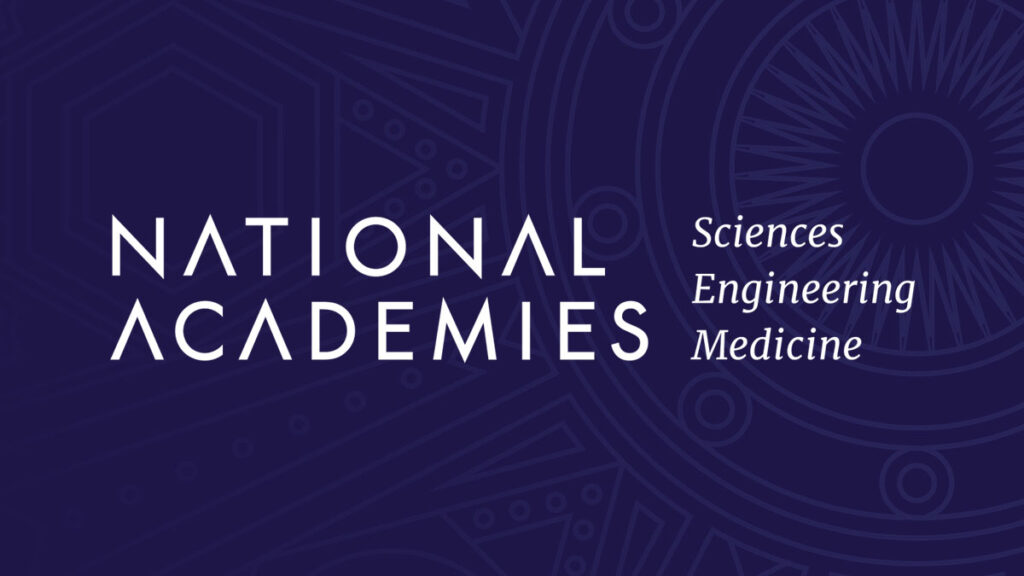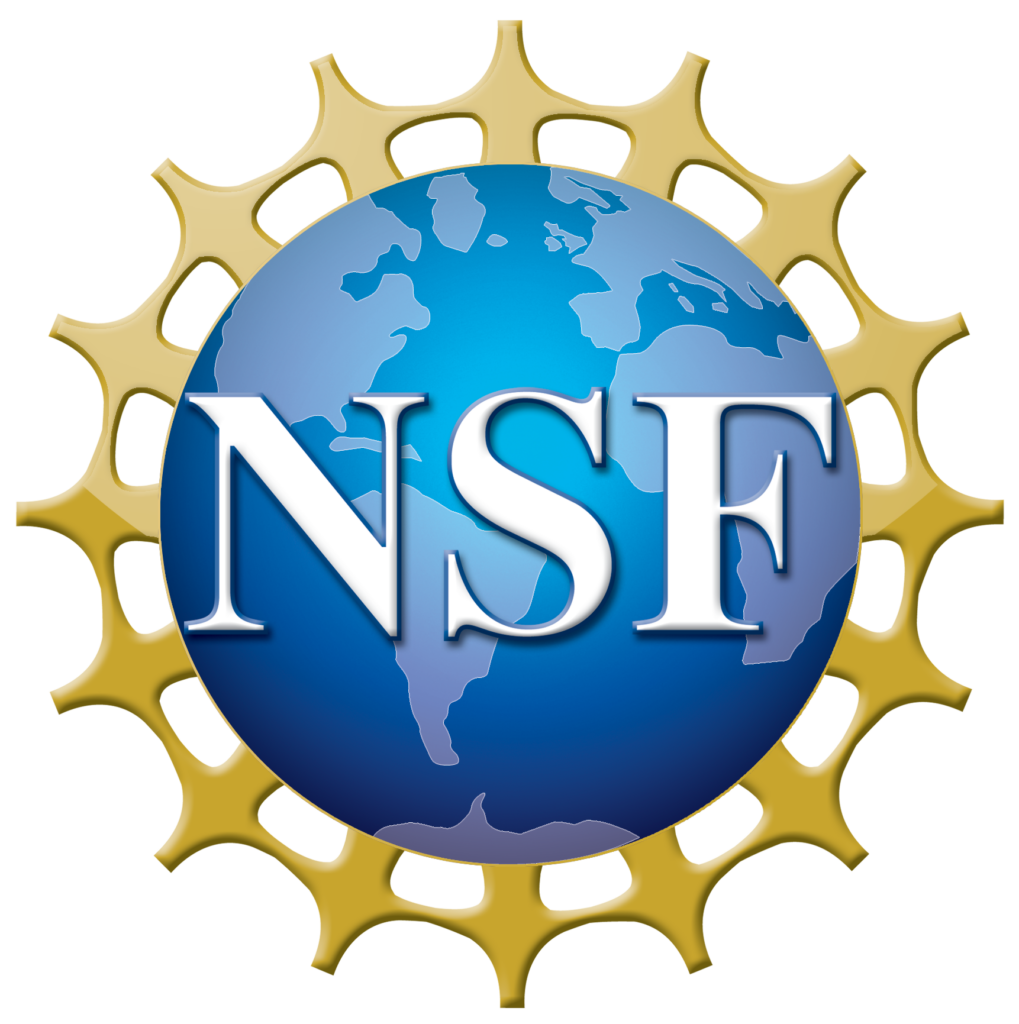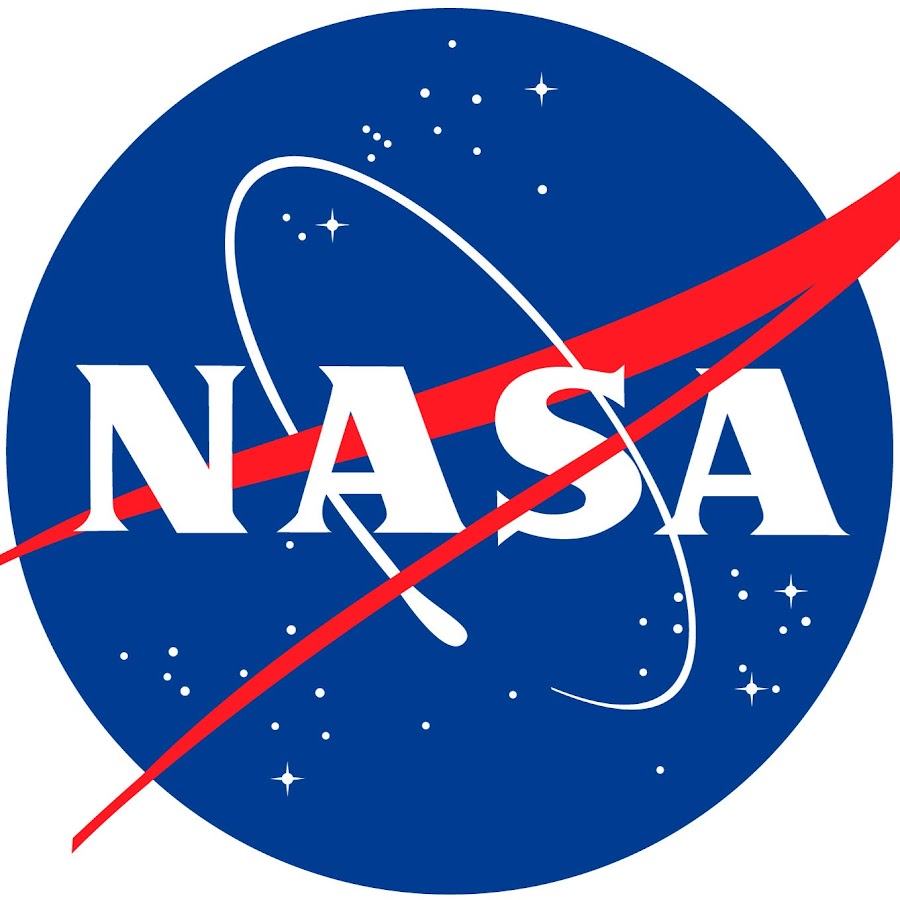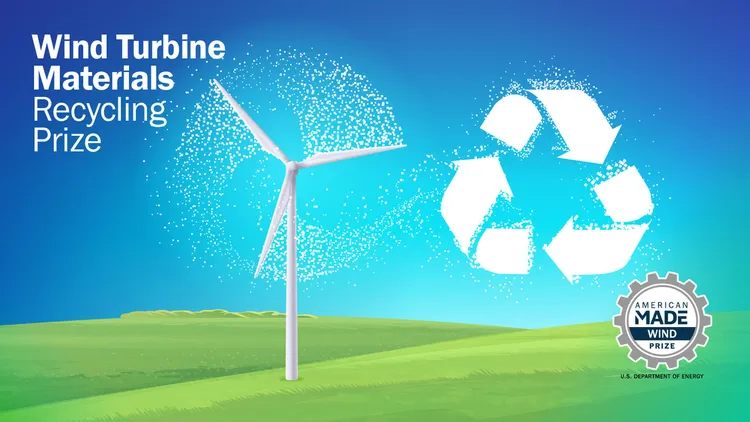Home » Articles posted by Yongwu Rong (Page 2)
Author Archives: Yongwu Rong
Information from the NASEM Workshop “AI to Assist Mathematical Reasoning”
Earlier, we posted information about the Virtual workshop “AI to Assist Mathematical Reasoning” hosted by the National Academies of Sciences, Engineering, and Medicine (NASEM). The videos from the workshop are available at:

https://www.nationalacademies.org/event/06-12-2023/ai-to-assist-mathematical-reasoning-a-workshop
NSF Webinar on the Enabling Partnerships to Increase Innovation Capacity (EPIIC) Program

The NSF Enabling Partnerships to Increase Innovation Capacity (EPIIC) program is hosting an informational webinar on Thursday, Oct. 25, 2023, at 3:30 p.m. Eastern Time. In this session, program directors will provide an overview about the preliminary proposal submission process, program eligibility, and what we look for when we review proposals. We invite you to submit your questions when you register by entering them into the questions and comments field on the registration page.
Real-time captions will be available. For other reasonable accommodations, please email [email protected] in advance.
About the EPIIC Program
Launched by the NSF Directorate for Technology, Innovation and Partnerships (TIP), the EPIIC program aims to provide institutions with training and networking support to develop the capacity and institutional knowledge needed to help build more inclusive ecosystems and enable participation in regional innovation ecosystems, potentially connecting to NSF Regional Innovation Engines. This solicitation aims to provide MSIs, PUIs, and two-year institutions with limited or no research capacity with the support necessary to become equitable partners with teams competing under the current and subsequent NSF Engines program funding opportunities.
Grant Announcement Letter from ORSP
 The September issue of the Grant Announcement Letter (GAL) from the Office of Research and Sponsored Programs (ORSP) is available below.
The September issue of the Grant Announcement Letter (GAL) from the Office of Research and Sponsored Programs (ORSP) is available below.
NASA MSI Engagement Newsletter

Here is the latest issue of the NASA NASA MSI Engagement Newsletter, a service of the Minority University Research and Education Project (MUREP) in the Office of STEM Engagement (OSTEM) of NASA. It includes information on NASA funding, faculty, student, training and event opportunities that are especially appropriate for Minority Serving Institutions.
GrantForward Training Webinar for CUNY Faculty
Presenters: John Tsapogas, Director, RFCUNY APPS and GrantForward President, Kevin Chang
Target Audience: All CUNY Faculty
Date: Wednesday, September 13 at 12:00 PM ET
Registration and Zoom Link: https://forms.gle/bZZak8Qk6XWGW93Z6
This webinar is organized by RFCUNY’s Office of Award Pre-Proposal Support (APPS) as part of the RFCUNY Wednesday Brown Bag Research Webinars, Academic Year 2023/2024.
GrantForward is a service that is available to all CUNY faculty and students, and it provides users with access to a rich collection of funding information, including but not limited to aggregation of opportunities like research grants, fellowships, awards, internships, etc., from multiple types of sponsors such as Federal, State, Foundation, University, Private Firms, International entities, etc. This webinar will cover the basics of using GrantForward as a researcher. General areas to be discussed include– how to create accounts, search for grants, view grant, and sponsor pages, use filters, manipulate results, create profiles, and grant recommendations.
Grant Announcement Letter from ORSP
The August issue of the Grant Announcement Letter (GAL) from the Office of Research and Sponsored Programs (ORSP), as well as the recent issues, are available below
For other recent editions, check Grant Announcement Letter under Categories.
Grant Announcement Letter from ORSP
The July issue of the Grant Announcement Letter (GAL) from the Office of Research and Sponsored Programs (ORSP), , as well as the recent issues, are available below
For other recent editions, check Grant Announcement Letter under Categories.
NASA MSI Engagement Newsletter

Here are some of the latest updates on NASA opportunities for the Minority Serving Institutions (MSI) community from NASA’s MSI Engagement Team.
| SMD Bridge Program Seed Funding Award Amount: Total requests may not exceed $300,000 for a duration of 2 years Information Site: Check out the SMD Bridge Program Seed Funding website for FAQs Information Session: Please see the link to the slides SMD Relevance: Please reference the document here on how to determine relevance to the Science Mission Directorate Proposal Deadline: Proposals accepted on a rolling basis through March 29, 2024 Contact: [email protected] NASA’s Science Mission Directorate (SMD) is seeking proposals for seed funding awards to provide support for faculty investigators and their students to carry out NASA-relevant research. The goal of the SMD Bridge Program is to develop sustainable partnerships among institutions historically under-resourced by NASA. |
Global Learning and Observations to Benefit the Environment (GLOBE) Program Award Amount: $3.9-4.4M/year for 5 years Information Site: Check out the GLOBE Implementation Office site for more information Proposal Deadline: Step 1 Proposals due in October Contact: [email protected] (please use subject line: DRAFT A.40 Questions and Comments) The Global Learning and Observations to Benefit the Environment (GLOBE) Program is a worldwide science and education program that provides opportunities to better understand, sustain, and improve Earth’s environment at local, regional, and global scales. When it is released in its final form, the Earth Science Division of NASA’s Science Mission Directorate will solicit proposals through the ROSES-2023 competitive program element A.40 for an organization or a team of multiple organizations to host the GLOBE Implementation Office (GIO) and collaborate with NASA in the implementation of GLOBE, with the objective of strengthening the programmatic support for GLOBE and enhancing the value of GLOBE to its worldwide community of students, educators, scientists, citizen scientists, and partners. |
DOE Launches Prize to Jumpstart Wind Turbine Materials Recycling Industry

July 12, 2023
As part of President Biden’s Investing in America Agenda, the U.S. Department of Energy (DOE) today launched the Wind Turbine Materials Recycling Prize. This $5.1 million competition funded by the Bipartisan Infrastructure Law will help the United States develop a cost-effective recycling industry for two important of materials used in wind turbines: fiber-reinforced composites and rare earth elements. By helping to create a circular wind energy economy, this prize will increase the sustainability of wind energy and support President Biden’s goals of achieving a carbon pollution-free power sector by 2035 and net-zero emissions by 2050.
“We need sustainable and secure domestic wind energy supply chain to achieve our climate goals,” said Alejandro Moreno, Acting Assistant Secretary for Energy Efficiency and Renewable Energy. “By creating new cost-effective recycling streams for key wind turbine materials, this prize will help ensure wind energy can continue to rapidly expand across the United States.”
About 85%–90% of the mass of a wind turbine is made of materials that can already be commercially recycled. The bulk of the unrecycled materials is composed of fiber-reinforced composites (carbon fiber and fiberglass). These materials can be found in various forms in wind turbine blades, nacelle covers, and the cover for the hub that connects the blades to the wind turbine. The wind energy industry also depends on critical minerals, such as rare earth elements (including the neodymium and dysprosium magnets used in generators), which do not currently have domestic commercial-scale recycling options.
This prize, which is part of DOE’s American-Made Challenges program, seeks to develop robust domestic recycling options for fiber-reinforced composites and rare earth elements, which can lessen the United States’ need to extract and process raw materials to meet this need. This benefits the environment, makes supply chains more resilient to price volatility and disruption, and reduces dependence on foreign sources of these materials.
Today’s announcement marks the opening of the first of two phases in the Wind Turbine Materials Recycling Prize. In the first phase, Initiate!, DOE invites participants to present innovative technologies that have previously not been applied to recycling of wind energy system materials, as well as technologies that could substantially improve existing wind material recycling processes. During the second phase, Accelerate!, competitors will demonstrate prototypes of their technologies.
The competition is open to private (for-profit and nonprofit) organizations, nonfederal government (such as state, county, tribal, and municipal) entities, academic institutions, and individuals that meet all eligibility requirements listed in the official rules.
Applications for Phase 1 are due on September 29, 2023, at 5:00 p.m. ET. DOE anticipates awarding $75,000 cash prizes to up to 20 applicants in Phase 1.
Learn more about the Wind Turbine Materials Recycling Prize and register for the informational webinar on August. 3, 2023, at 1:00 p.m. ET.
The Wind Turbine Materials Recycling Prize is led by the Wind Energy Technologies Office in DOE’s Office of Energy Efficiency and Renewable Energy, and managed by the National Renewable Energy Laboratory.
Grant Announcement Letter from ORSP
The June issue of the Grant Announcement Letter (GAL) from the Office of Research and Sponsored Programs (ORSP), , as well as the recent issues, are available below
For other recent editions, check Grant Announcement Letter under Categories.
NSF Dear Colleague Letter on Collaborations with Canada on Climate Change Adaptation and Mitigation Competition
June 9, 2023
Dear Colleagues:
The National Science Foundation Office of International Science and Engineering is pleased to inform the community that NSF and the National Endowment for the Humanities (NEH) are partners on a new multilateral research initiative on climate change led by Canada’s New Frontiers in Research Fund. The 2023 International Joint Initiative for Research on Climate Change Adaptation and Mitigation Competition represents a collaboration among research funders from Brazil, Canada, Germany, Norway, South Africa, Switzerland, the United Kingdom and the United States to leverage international expertise to tackle the global challenges caused by climate change. Climate change has been recognized as the single most important threat to the future well-being and prosperity of our planet and all who inhabit it.
The program aims to further the design and implementation of co-produced adaptation and mitigation strategies for vulnerable groups―those groups currently most impacted by the effects of climate change owing to both physical vulnerability and socioeconomic vulnerability. The program will support research that is both interdisciplinary and trans-sectoral on participatory contextually and culturally appropriate mitigation and adaptation responses to at least two vulnerabilities stemming from climate change, as identified in the Sixth Assessment Intergovernmental Panel on Climate Change (IPCC). Projects must respond to the needs of those most impacted by the effects of climate change, such as communities in low- and middle-income countries or indigenous territories, or groups that are vulnerable due to their geographic, social and/or economic circumstances. All projects are required to partner with participating community(ies) in the co-creation, implementation and ownerships of the research and outcomes, and to develop approaches related to policy implementation and knowledge mobilization.
Led by Canada, the program is supported by funding agency partners from the eight countries listed above (consortium partners). The program adopts a consortium approach to funding. Each consortium partner will fund researchers within a project team who are eligible to receive funding from them. NSF intends to fund researchers eligible to receive NSF or NEH funding. A minimum of three countries must be represented among the co-PIs on the project team, and the team must be eligible to receive funding from at least two Consortium Partners. At least one co-PI must be eligible to receive funding from Canada’s New Frontiers in Research Fund.
Timeline
May 2, 2023 – Notices of Intent submitted to the Convergence Portal (mandatory)
July 15, 2023 – EOI Due to NSF for projects eligible for NSF or NEH funding
September 12, 2023 – Full proposals due
February 2024 – Notice of funding decisions and submission of recommended proposals to NSF
March 2024 – Start of awards
For more information, including proposal submission guideline, continue reading on NSF.gov.



Recent Comments